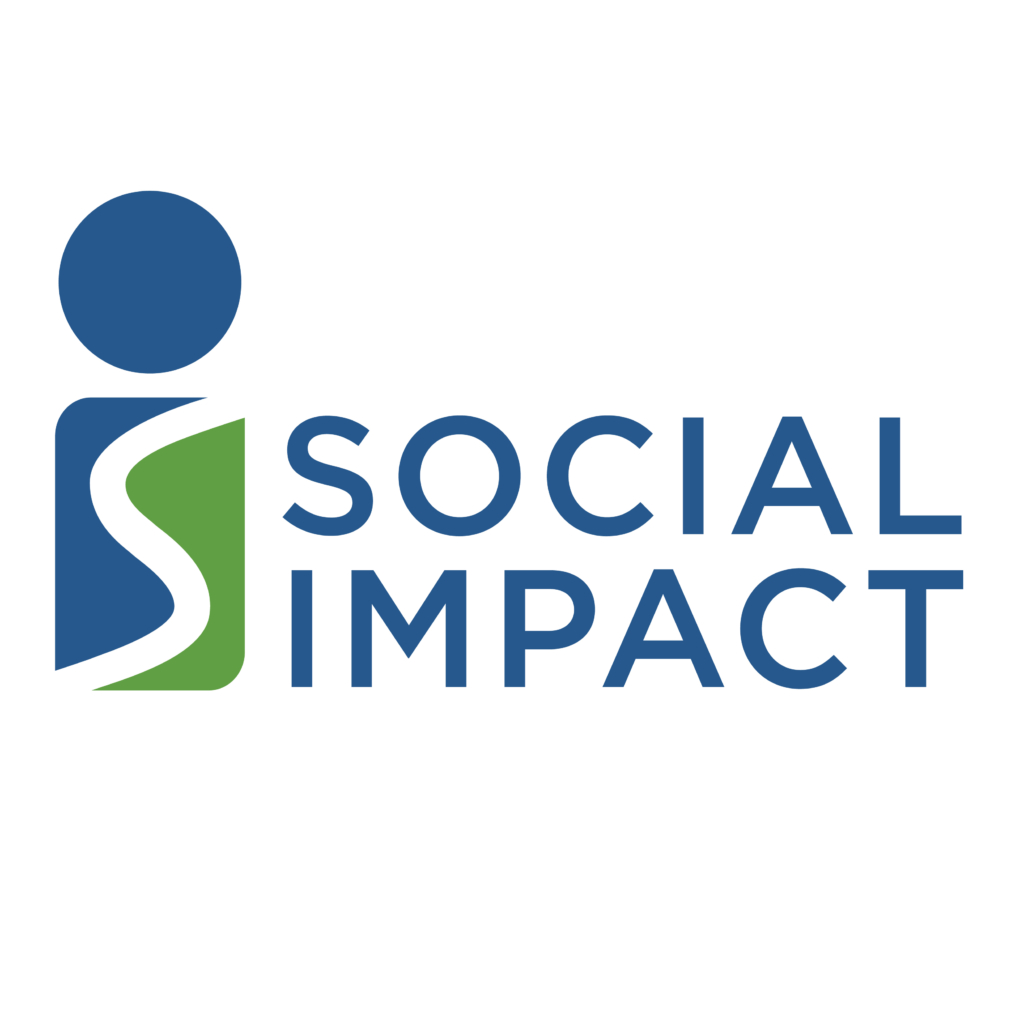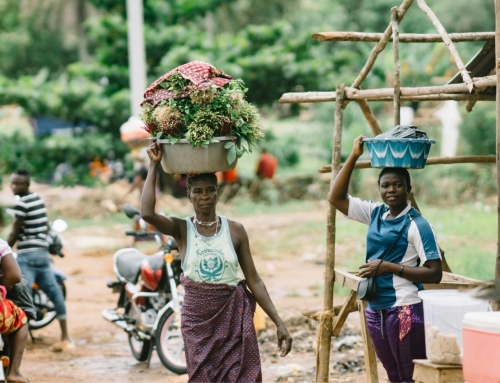As we commemorate World Earth Day, it is important to remember that effective interventions to protect the environment start with strong designs. In 2020, Social Impact’s USAID Learns provided a full range of design support services to USAID Vietnam, resulting in the Reducing Pollution Notice of Funding Opportunity (NOFO). This was an exciting opportunity to support the Mission in translating the Country Development Cooperation Strategy (CDCS) focus on collective action into tangible environmental programming with lasting impact.
Environmental challenges, like most complex development challenges, are inherently collective in nature; they cannot be resolved by one actor or sector. They require collaboration of local communities, governments, and the private sector to address the challenge. Using the collective impact approach, SI’s Learns supported USAID Vietnam in creating a design that enabled local actors to intentionally incorporate the following elements during implementation:
- A shared vision for reducing pollution,
- A shared measurement approach to know if they were making progress on reducing pollution,
- Mutually reinforcing interventions that, combined, help achieve the shared vision and measures of success,
- Continuous communication among all the local stakeholders engaged in the collective impact effort,
- Strong local backbone organizations that could facilitate multiple stakeholder groups from the government, private sector, and local communities affected by pollution.
In addition, SI’s involvement helped crystallize a locally-driven and collaborating, learning, and adapting (CLA)-inspired approach by outlining explicitly in the NOFO three phases of implementation. This framework enabled the prime implementer to engage local actors in a sense-making process aimed at identifying high-priority initiatives to reduce environmental pollution:
Discovery Phase – assess readiness for collective impact, hold dialogues, identify champions and determine if there is consensus/urgency to move forward on specific environmental pollution challenges.
Organizing for Action Phase – create internal governance structure for initiatives, common agenda, and shared measurement approach; and, generate baseline information.
Implementation Phase – implement mutually reinforcing activities to achieve common agenda, engage broader stakeholders and community, and continuously communicate and coordinate.1
Following USAID’s competitive process, USAID selected Winrock International to implement the Reducing Pollution Activity. Through their strong management and adherence to the approach outlined in the original design, Winrock has worked with six local backbone organizations on six initiatives to reduce pollution across Vietnam. These initiatives include reducing plastic medical waste; reducing air pollution from open burning; creating new regulations on the management of air quality; reducing environmental pollution at metal processing and recycling villages; creating the Transparent Environmental Data Disclosure Platform; and reducing automobile emissions. Delve into Winrock’s write-up of some of the initiatives and their learning briefs on the use of the discovery phase, the organizing for action phase, and selecting local grantees.
The experience on this important design reinforced critical take-aways for everyone to consider as we work to protect the environment and mitigate climate change, the most pressing challenge facing our world today:
- The technical solution to an environmental challenge is not the only thing that matters; there must be an intentional and systematic approach to collaboration that enables the technical solution to take hold.
- Collective action can play a critical role in enabling local actors to take the lead and work out their differences. While consensus may not always be reached among local actors, the idea is to access the collective intelligence of the group, align interests where feasible, and move forward in a coordinated fashion. In Vietnam, local organizations, communities, and government counterparts found alignment on the initiatives mentioned above to reduce pollution. Achieving this is a feat in and of itself; it is often time-consuming and requires careful relationship management and facilitation.
By adopting phased implementation approaches with clear milestones, this activity gained momentum and aligned champions around environmental pollution issues of common concern. It’s important to acknowledge that while environmental protection demands urgent attention, addressing such complex issues cannot be accomplished overnight. Too often we rush to implementation before the intangible bits – such as vision, shared understanding of success, and ways of working – are in place. Let’s embrace a more deliberate, phased, and collective action approach at the outset to ultimately speed up and ensure our long-term success.
1 From the USAID/Vietnam Reducing Pollution notice of funding opportunity (NOFO)
* featured image by: Ali Mohammadi (distributed via imaggeo.egu.eu)
______
Monalisa Salib leads the USAID Learns team in Vietnam as the Chief of Party. Her 19 years of experience include long-term senior management and technical positions in Washington, D.C., Palestine, Yemen, and Vietnam.








